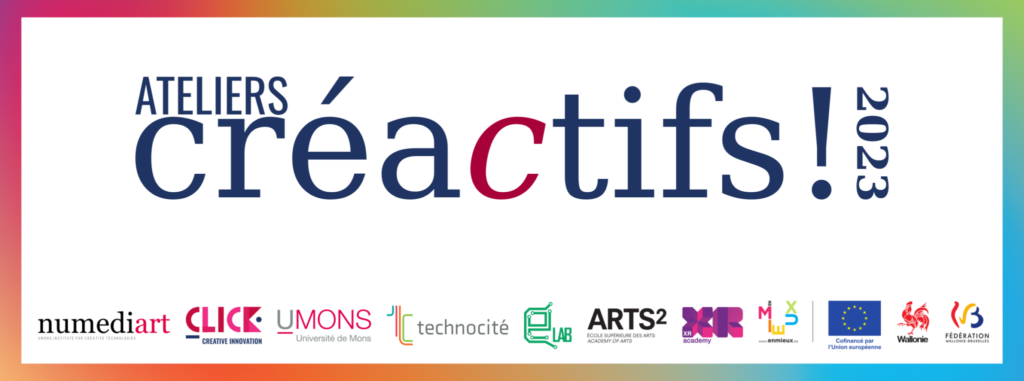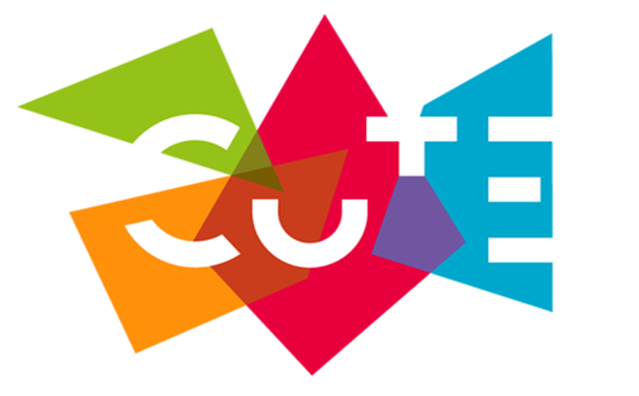Teaching activities
Lectures
I-ISIA-005 – Computer Vision and Artificial Intelligence
Activity content
Image processing, image acquisition.
Low-level processing, filtering, transformations.
Image segmentation and registration.
Image coding and neural network learning.
Professor* and lecturers
- Prof. Bernard Gosselin*
- Dr. Matei Mancas
I-ISIA-021 – Introduction to Digital Intelligence
Activity content
Digital information coding
Information analysis (clustering, principal componenent analysis)
Classification (Bayes theory, Gaussian Mixture Models)
Dynamic systems (dynamic time warping, Hidden Markov Models)
Introduction to Artificial Neural Networks and Deep Learning
Professor* and lecturers
- Prof. Bernard Gosselin*
- Antoine Maiorca
I-ISIA-104 – Audio Processing
Activity content
Speech processing
- Speech analysis and coding
- Speech synthesis
- Speech Recognition
Audio processing
- MP3
- Audio signal analysis
- Music signal analysis
- Music identification
- Deep learning methods for audio signals
Professor* and lecturers
- Prof. Thierry Dutoit*
- Dr. Loïc Reboursière
I-ISIA-106 – Visual Processing and Smart Spaces
Activity content
Image understanding and video processing Smart Spaces: Attention Analysis, Motion Capture, Interractions
Teaching modalities may be adjusted according to the teaching context imposed by health measures.
Professor* and lecturers
- Prof. Bernard Gosselin*
- Dr. Sohaib Laraba
- Dr. Matei Mancas
I-ISIA-013 – Medical Image Processing
Activity content
Image processing (low-level processing, image understanding).
Medical image analysis (image acquisition, modalities & features)
Professor* and lecturers
- Prof. Bernard Gosselin*
- Dr. Matei Mancas
I-ISIA-030 – Signal Processing
Activity content
Linear time-invariant digital systems.
Frequency analysis of digital signals and systems.
Shannon theorem and sampling theory; discrete (and Fast) Fourier Transform; digital filters (including elements of digital filter synthesis) and simple digital system in Python.
Professor* and lecturers
- Prof. Thierry Dutoit*
- Dr. Nathan Hubens
- Dr. Luca La Fisca
- Hugo Bohy
- Antoine Maiorca
I-ISIA-107 – Biomedical Signal Processing
Activity content
Biomedical signals (origins, bioelectrical phenomena, acquisition and sensors, amplifiers, filters).
Biomedical signal processing techniques (filtering and artefact elimination, event detection, feature extraction).
Introduction to brain signals; BIOPAC tools, Python, Labview.
ISIA Professor
I-ISIA-201 – Artificial Intelligence Seminar
Activity content
12 hours of seminars that will enable students to see AI in action in a variety of fields.
ISIA Professor
I-ISIA-001 – Circuit Theory
Activity content
Kirchhoff model, elements and real circuits, Mesh method and Node method.
Equivalent circuits, time analysis of linear circuits, frequency analysis and quadripole theory.
Specification, approximation and synthesis of active filters and practical application in Python for the analysis of analogue circuits.
Professor* and lecturers
- Prof. Thierry Dutoit*
- Hugo Bohy
- Antoine Maiorca
- Vincent Stragier
I-ISIA-020 – Systèmes logiques
Activity content
Generalities including BOOLE algebra; simplification methods;
Basic components;
Analysis and synthesis (combinatorial, synchronous and asynchronous sequential systems);
Grafcet.
Coding and protection of information for transmission (protective codes and error detectors).
Professor* and lecturers
- Prof. Bernard Gosselin*
- Antoine Maiorca
I-ISIA-100 – Systèmes à événements discrets
Activity content
Temporal and discrete event systems, examples of discrete event systems (DES): automated manufacturing, traffic, queues.
DES models, basic concepts in discrete-event simulation, Monte-Carlo simulation, input modelling and output analysis, model construction and applications, study of alternative system configurations.
Basic concepts of multi-agent models (ABM).
Grafcet and process design.
ISIA Professor
CRÉACTIFS
‘Créactifs!‘ is a series of workshops aimed at the general public, creative people and higher education students* who want to discover creative technologies. The programme includes 7 workshops: Artificial Intelligence – Arduino (electronics) – Android (Flutter) – FabLab and the Internet of Things – Raspberry pi – Robotics workshop.

More information on the dedicated page: https://le-click.be/creactifs/
Hands on AI
Artificial Intelligence (AI), and in particular its Machine Learning (ML) and Deep Neural Nets (DNN) components, is enjoying considerable popularity and success in a wide range of applications. These include aeronautics, transport, healthcare, finance and IT.
After initiating the Mons AI Meetups in 2017, various teaching and research departments of the Faculty of Engineering and the Faculty of Science, supported by the UMONS Numediart and InforTech research institutes, are offering a University Certificate in Artificial Intelligence (Hands on AI) consisting of a 5-credit evening teaching module and a 5-credit weekend workshop module.

More information on the dedicated page: https://web.umons.ac.be/fpms/en/training-offer/cu-inarti/
Culture & Technology Conferences (CUTE)
CUTE is a series of conferences on culture and technology, organised by the Numediart research institute at the University of Mons.


